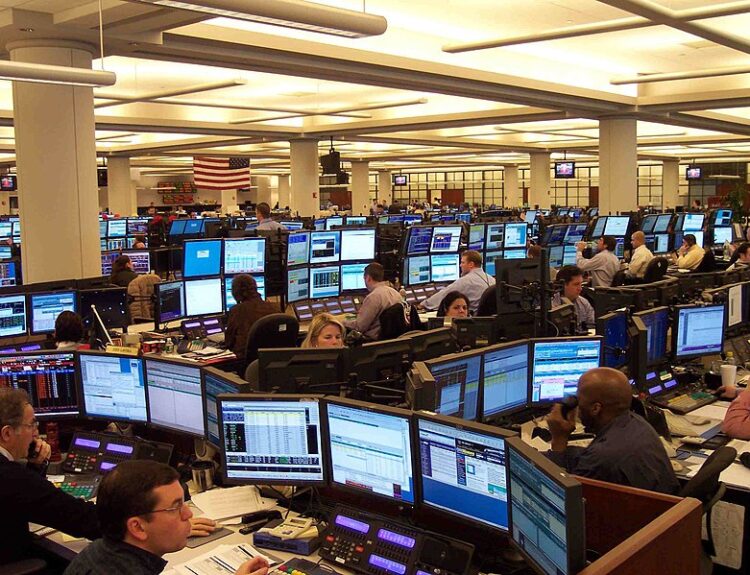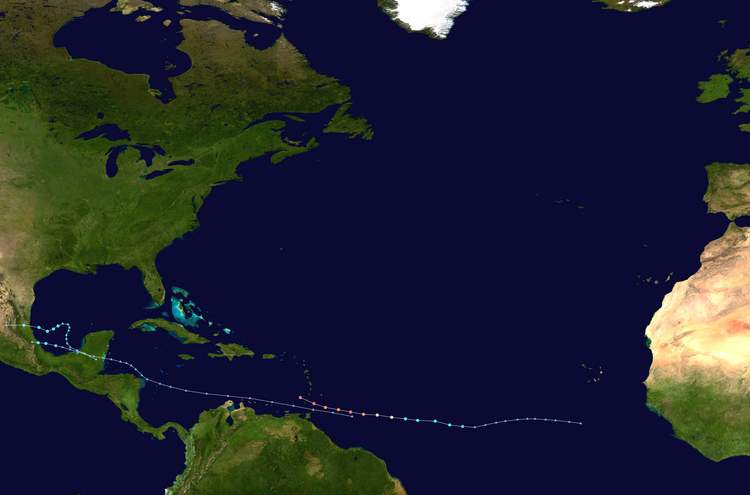Chevron’s push to keep oil flowing highlights the complex interplay of energy needs and political realities.
- Chevron emphasizes the importance of continuing oil production in Venezuela despite political turmoil.
- The Biden administration has eased sanctions to allow Chevron to operate, aiming to stabilize oil supplies and prices.
- Maduro’s regime faces international criticism for electoral fraud and human rights abuses.
- Chevron’s operations account for a significant portion of Venezuela’s oil exports and government revenue.
- The U.S. is balancing its response to Maduro’s actions while maintaining energy security.
In the wake of Nicolás Maduro’s controversial electoral victory in Venezuela, Chevron has made it clear to U.S. officials that it is crucial for the company to continue its oil production in the country. Despite evidence suggesting that Maduro’s opponent, Edmundo González, won the election, Chevron argues that its operations are vital for global oil supplies and U.S. energy security. The Biden administration had previously relaxed sanctions to allow Chevron to resume its activities, hoping to encourage free elections in Venezuela. However, as Maduro cracks down on dissent, the U.S. has condemned the actions but has not imposed severe sanctions on the oil sector, which is critical for Venezuela’s economy. Chevron’s presence in Venezuela is significant, as it generates about 20% of the country’s crude exports and a substantial portion of the government’s oil income. The company maintains that its operations help prevent Venezuela from collapsing economically. Critics argue that allowing Chevron to operate has inadvertently strengthened Maduro’s regime, complicating U.S. efforts to promote democracy and human rights in the region. As tensions rise, the U.S. is considering targeted sanctions while also engaging with neighboring countries to find a resolution. Chevron’s long-standing operations in Venezuela reflect its strategy of navigating political challenges while focusing on commercial interests.·
Factuality Level: 6
Factuality Justification: The article presents a mix of factual reporting and opinion, particularly regarding the implications of Chevron’s operations in Venezuela and the political situation surrounding Maduro’s election. While it provides relevant information about the election and Chevron’s role, it also includes some subjective interpretations and potential biases, particularly in the framing of Chevron’s influence on U.S. policy and the Venezuelan economy. The article could benefit from clearer separation of fact and opinion.·
Noise Level: 7
Noise Justification: The article provides a detailed account of the political and economic dynamics surrounding Chevron’s operations in Venezuela, including the implications of U.S. sanctions and the electoral situation. It holds powerful entities accountable and discusses the consequences of their actions. However, while it presents relevant information, it could benefit from deeper analysis of long-term trends and more actionable insights.·
Public Companies: Chevron (CVX)
Private Companies: Petróleos de Venezuela,Ecoanalítica
Key People: Nicolás Maduro (President of Venezuela), Edmundo González (Opposition Leader), Bill Turenne (Chevron Spokesman), Mike Wirth (Chief Executive of Chevron), Asdrúbal Oliveros (Head of Ecoanalítica), Pedro Burelli (Former Board Member of Petróleos de Venezuela), Elliott Abrams (Former Special Envoy overseeing Venezuela policy), Ali Moshiri (Former Chevron Executive)
Financial Relevance: Yes
Financial Markets Impacted: The article discusses Chevron’s operations in Venezuela and how U.S. sanctions and political decisions impact the oil market and Chevron’s financial interests.
Financial Rating Justification: The article focuses on the implications of Venezuela’s political situation on Chevron’s oil production, which is crucial for both the company’s financial performance and the global oil supply, making it highly relevant to financial topics.·
Presence Of Extreme Event: Yes
Nature Of Extreme Event: Political Crisis
Impact Rating Of The Extreme Event: Major
Extreme Rating Justification: The article discusses a significant political crisis in Venezuela following Nicolás Maduro’s controversial election victory, which has led to widespread chaos, crackdowns on dissenters, and international tensions. The situation has serious implications for the country’s stability and governance, warranting a major impact rating.·
Move Size: No market move size mentioned.
Sector: Energy
Direction: Neutral
Magnitude: Medium
Affected Instruments: Stocks
 www.wsj.com
www.wsj.com 





